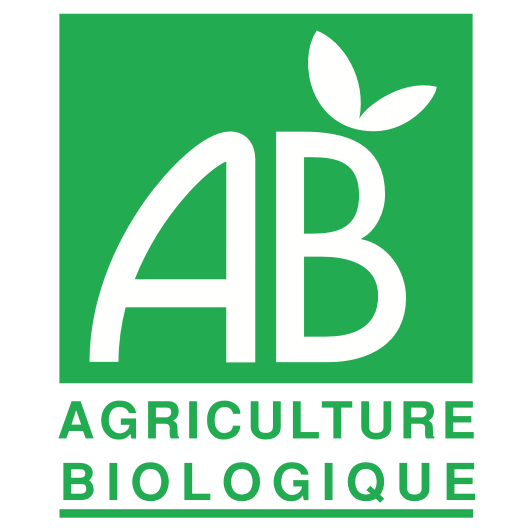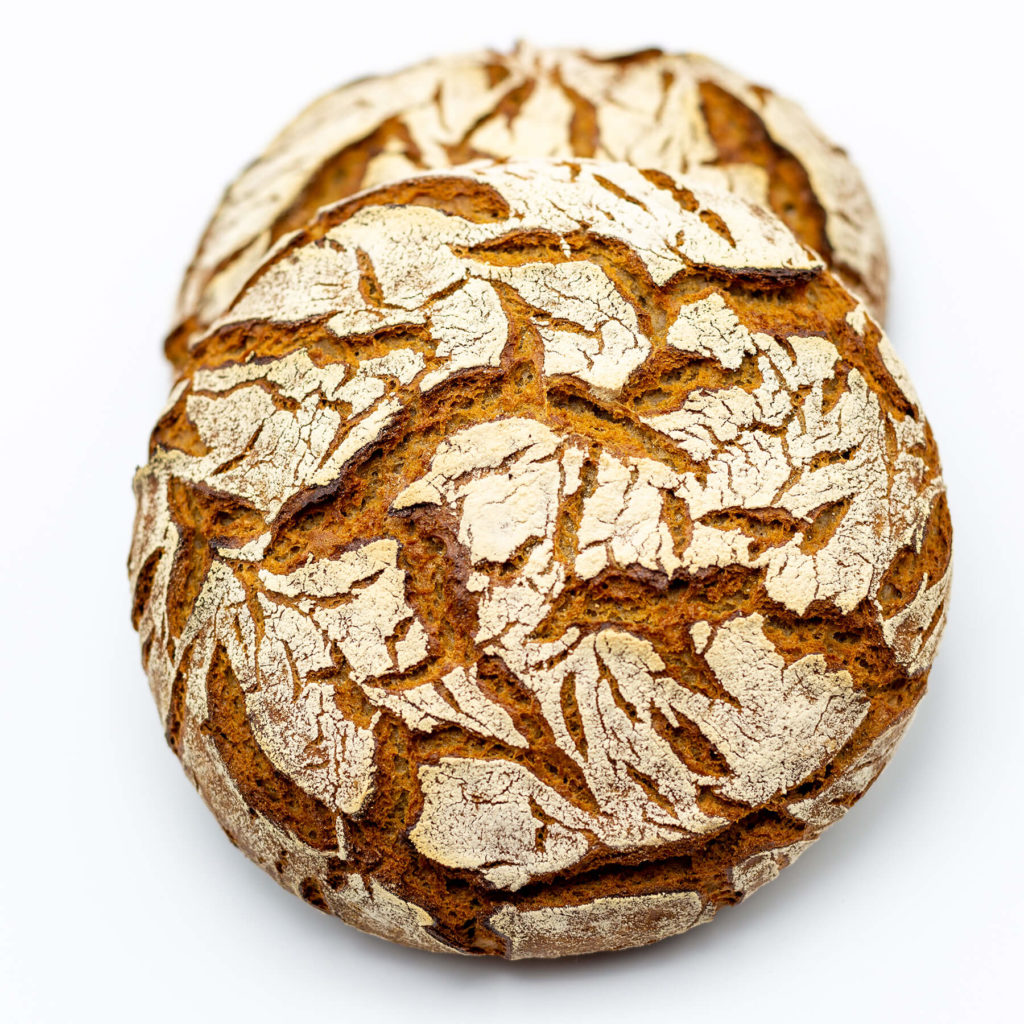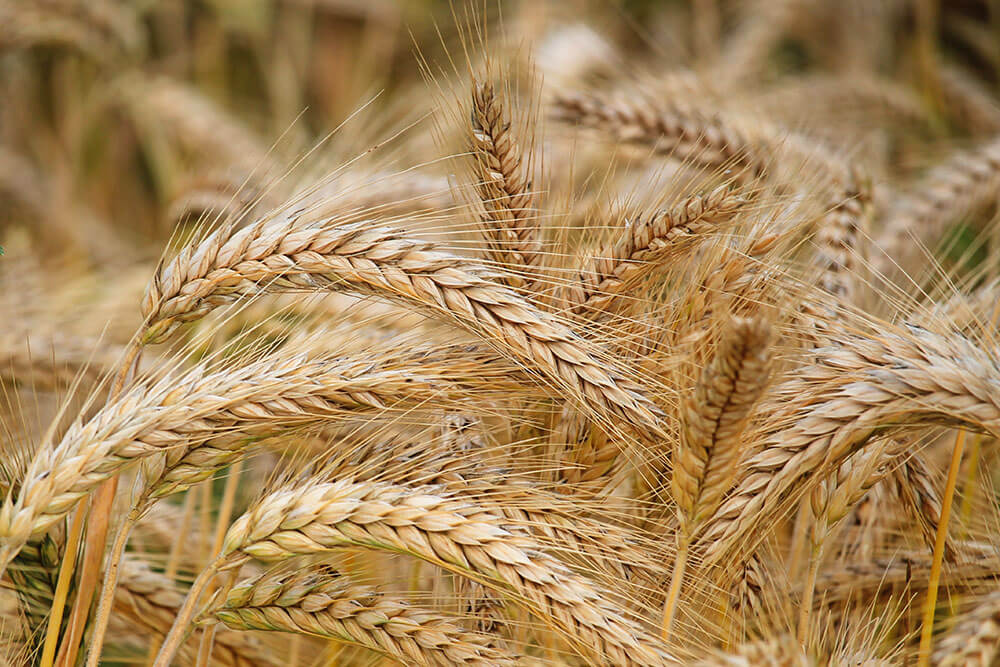The organic sector: a top-quality approach from wheat to bread
The organic sector is a collective approach that involves all the players upstream and downstream, working to strict specifications that are monitored by an independent third-party organisation to certify and recognise quality throughout the value chain. The quality of a finished product naturally depends on an exacting and uncompromising selection of raw materials as well as processing methods, traceability and hygiene standards, right through to our customers’ bread-making methods. Our Organic Mill strictly applies the specifications defined by the AB label: from sourcing to processing, to meet the demands and requirements of our Organic bakers, patissiers and food manufacturers. We are working to ensure that the industry is beyond reproach from field to fork..
Our millers are naturally at the heart of this value chain. In addition to its central role, Minoterie Suire is committed to its customers and consumers and guarantees its respect for the specifications of Organic Farming throughout the process.
Exceptional sourcing for excellent flours
We have trusting relationships with a number of farmers, all of whom are certified organic.
«Todo viene de la tierra y sus riquezas, reveladas por agricultores “Everything comes from the land and its riches, revealed by farmers who are convinced that their work is well-founded.”
Bertrand Girardeau
Seeking out and finding the best cereals from the best area is part of Minoterie Suire’s DNA. We know how to do it and have been doing it well for decades. We know that it all starts in the fields and selecting the grains is an essential stage in our process. It has always been vital that our organic Boussay mill build genuine partnerships with our cereal growers. While all our flours come from wheat and grain grown organically, our expertise in cutting-edge, exclusively organic sourcing guarantees the unquestionable quality of our products.
It is our responsibility to select cereal producers who, like us, have preserved traditional expertise and comply strictly with organic farming specifications.
Ensuring compliance with good farming practices under the AB charter
The role of our teams is to ensure that our farmers comply with all the obligations associated with organic excellence. For example:
- Crop rotation to favour leguminous plants that enrich the soil
- Diversification of wheat varieties that are more or less productive depending on the richness of the soil
- The absence of synthetic products and GMOs
- If necessary, the use of certain biocontrol methods
- Storage in dedicated silos to guarantee the sanitary quality of the wheat and the absence of post-harvest treatment before delivery to the mill.
Our careful selection of wheats guarantees a range that’s virtuous and respectful of the entire sector, recognised by our AB label and IFS Food certification, among others.
By guaranteeing its farmers regular orders, Minoterie Suire helps protect them and plays an active part in the economic and social development of our region.

Mill processing:
exceptional flours from wheat to bread
Origin, quality and hygiene: faultless traceability
Quality control on receipt is a key stage in our process. As soon as the wheat arrives at the Boussay mill, it is weighed and its origin identified. Samples are analysed instantly. From analysing the moisture content to checking that there are no foreign bodies or allergens and recording the traceability data, the miller accepts or refuses to unload the wheat into the reception pit. The “traced” wheats are then moved according to quality and origin to one of our 8 silos. Then begins the process of cleaning and moistening our organic wheats to improve the texture of the grain. Each isolated batch can be traced right through to its final processing, with samples kept for 6 months.
Quality of the process for turning wheat into organic flour
Before the wheat grains are milled, they are “cleaned” to remove any impurities (stones, other seeds, etc.) that may have crept in during cultivation. They are then crushed and sorted successively through sieves of different sizes. The three parts that make up the wheat grain – the germ, the bran and the flour – are separated and then blended again to produce different types of flour: T150, T65, T55, T45, etc.
FROM FIELD TO FORK, FROM WHEAT TO FLOUR TO BREAD, MINOTERIE SUIRE IS COMMITTED TO ENSURING THAT “ORGANIC QUALITY” IS RESPECTED THROUGHOUT
THE VALUE CHAIN.
Bakery professionals:
quality and diversity of organic breads

Breads made with local organic flour from ancient varieties, fresh starters made from slow-fermenting dough with no any correctors or improvers… They are all making a strong comeback in our bakeries and supermarkets in response to consumer demand for healthy, sustainable food. Full of flavour and nutrition, organic breads are back in the limelight thanks to the expertise of our bread-making professionals.

